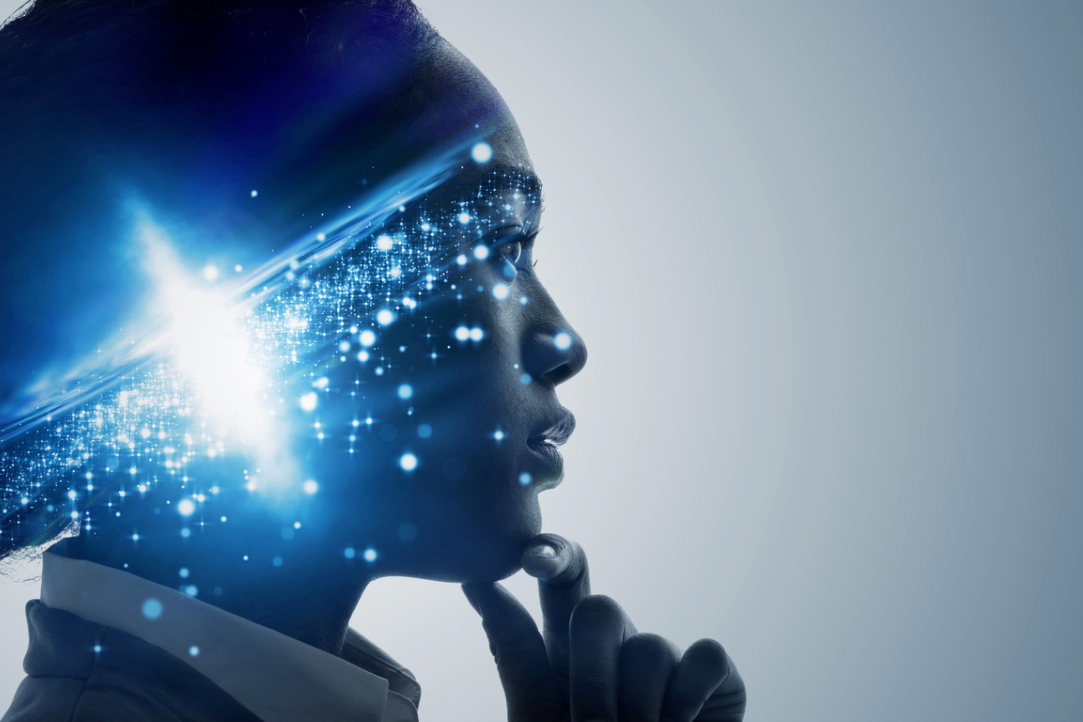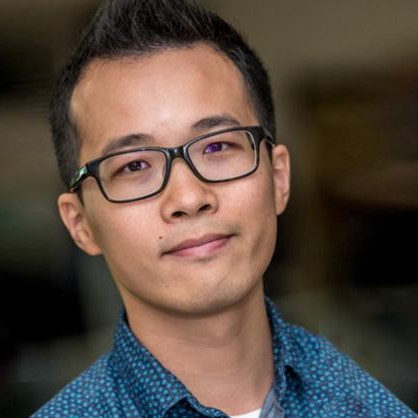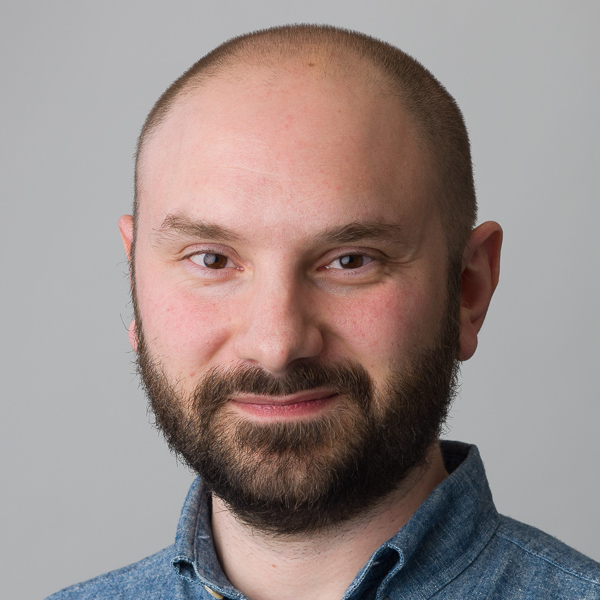Cutting Edge Neuroscience Research to Be Discussed during Online Conference at HSE University

The first International Conference on Social Neurology in Environmentally Sound Conditions, organized by the International Laboratory of Social Neurobiology of the Institute of Cognitive Neuroscience and Aalto University will be held online on June 21-23, 2021. The HSE News Service spoke with conference organisers and some of the key speakers in the run-up to the conference about its agenda and some research highlights.
Rapid methodological advances are increasingly making it possible to conduct social neuroscience studies in ecologically valid conditions. These novel approaches span from neuroimaging studies with naturalistic stimuli such as movies to the use of wearable sensors in real life social interactions. Topics in this new area of research span from investigation of the neural basis of social cognition, unravelling the effects of cultural influences, to investigation of the biological basis of intergroup biases.
Leading Russian and foreign scientists will take part in the conference: Gal Raz, Iiro Jaaskelainen, Enrico Glerean, Ale Smidts, Emily Falk, Jonathan Levy, Yaara Yeshurun, Shinobu Kitayama, Igor Grossman, Svetlana Kirdina-Chandler, Vasily Klyucharev, Anna Shestakova, Yury Alexandrov and others.
The First Milestone
Anna Shestakova, Director of the Centre for Cognition & Decision Making, anticipates a warm atmosphere, vibrant talks and fruitful discussions with outstanding researchers in the frontiers of social neuroscience and decision making.
This is the first significant event of the Laboratory for Social Neurobiology co-headed by Professors Iiro Jaaskelainen from Aalto University and Vasily Klucharev from HSE University.
In 2019, Professor Iiro Jaaskelainen was awarded with most prestigious Russian research grant (so-called ‘megagrant’) and introduced a new line of the brain research using naturalistic stimuli such as movies in ecologically valid conditions.

Anna Shestakova, Director of the Centre for Cognition & Decision Making
Together with the colleagues from Aalto University we have gained expertise in multimodal dynamic neuroimaging using intersubject-correlation analysis which allows to address a broad range of topics in social neuroscience, including social influence, cross-cultrural differences and many others.
International Scope: Presentation Highlights

Yaara Yeshurun
Yaara Yeshurun, from the School of Psychological Sciences and Sagol School of Neuroscience, Tel-Aviv University, does research on social neuroscience “in the wild”. She is interested in studying the neural mechanisms underlying individual differences in the way individuals interpret external situations and the role of brain-to-brain synchronization in real-life interactions.
Yaara Yeshurun is going to present her ongoing work on political-views dependent differences in neural synchronization, while processing naturalistic stimuli.
In my lab we are measuring behavioral, physiological and neural synchronization while individuals interact with each other. One of our main goals is to understand the role of synchronization in social interactions. We have a couple of projects demonstrating the relationship between behavioral synchronization and interaction quality.

Hang-Yee Chan
Hang-Yee Chan, from University of Pennsylvania, USA; University of Amsterdam, Netherlands, will speak about the neural signature of advertisement liking and present some insights into the psychological processes of consumer valuation and their temporal dynamics.
How and when does consumer valuation take place during immersive experiences, such as watching video ads? Real-time measurement of brain responses could shed light on both the psychological processes involved and the temporal dynamics as the experience unfolds.
In our study we found that liking-related brain signals emerged as early as 3-5 seconds from video onset. Based on neuroscientific evidence, this study underlines the importance of having engaging narratives in the first few lead-in seconds of video advertisements.

Shinobu Kitayama
Shinobu Kitayama, University of Michigan, USA, is interested in the triadic function of social norms and the implications for culture, social relations, and wellbeing.
The study of social norms has been the mainstay of social psychology from the inception of the discipline, focusing primarily on social influence. However, social norms have multiple vital functions. Shinobu Kitayama proposes a triadic function of social norms.
Specifically, through the past 50,000-year history of cultural evolution, social norms evolved to coordinate people's behaviors within increasingly large ingroups and cope with various natural and human-made threats (e.g., famine, pandemic, wars). Further, this group coordination function of social norms is held in place since the norms function to regulate social relations while offering psychological security to the group members.
I will discuss a series of behavioral and neuroscience investigations that have addressed each of the three functions. I will conclude that, in combination, these three functions undergird the pivotal roles of social norms in cultural evolution, social institutions, and individual wellbeing.

Igor Grossmann
The presentation of Igor Grossmann, (University of Waterloo, Canada) is entitled ‘Sound judgment: Folk beliefs and empirical evidence’.
In my talk, I will bring up a pervasive belief across cultures that better judgment depends on consulting one’s thoughts and feelings rather than asking close others or wisdom of the crowds.
From indigenous groups in Peru to post-industrial Global North, people prefer individualized deliberation strategies and rate them as wiser than transactive deliberation strategies involving others.
However, according to the empirical insights from experimental philosophy, social psychology, and forecasting research, less individualized and more transactive strategies provide greater foresight and wisdom in managing life’s challenges. It appears that judgmental preferences contradict the collective empirical wisdom about strategies that in fact promote sound judgment.

Luke J. Chang
Luke J. Chang, Dartmouth College, USA, will talk about computational social and affective neuroscience.
Emotions reflect coordinated, multi-system responses to events and situations relevant to survival and well-being. These responses emerge from appraisals of personal meaning that reference one’s goals, memories, internal body states, and beliefs about the world.
Dysregulation of emotions is central to many brain and body-related disorders, making it of paramount importance to understand the neurobiological mechanisms that govern emotional experiences. Unfortunately, the field of emotion has struggled to reliably elicit and measure affective experiences, which has limited theoretical developments.
One of the main focuses of our laboratory is to use a computational cognitive neuroscience framework to develop models of affective experiences. In my talk at the conference, I will present examples of how we can combine naturalistic elicitation of feelings with pattern-based neuroimaging analyses to develop brain-based models of affect.
These models appear to generalize across individuals and can aid in revealing the temporal dynamics of individual affective experiences. We hope that this interdisciplinary work will aid in facilitating a more cumulative and extensible science of emotion.

Enrico Glerean
Enrico Glerean, Research Fellow at the HSE University’s International Laboratory of Social Neurobiology, will discuss "naturalistic imaging" i.e. the use of naturalistic stimuli (such as films, narratives, music, etc) in human brain imaging and tell about my journey with naturalistic stimuli and fMRI which culminated last year in an special issue for the peer reviewed journal NeuroImage.
After 10 years of using naturalistic stimuli in neuroscience, I think the field is quite mature and ready for using these types of complex paradigms. But still many challenges need to be addressed: novel and even basic work is still needed for increasing validity and generalisability of the results that we have found. Naturalistic datasets come with the challenge of being quite large, so I will propose that only with a more global large-scale effort we can move the field forward.
In general neuroscience with naturalistic paradigms tries to answer questions related to basic neuroscience research, however the insights it provides can be related to current topics such as ingroup/outgroup, politics, and other social issues which are important for science as well as society.
I will present the work we have done for curating the special issue for the NeuroImage journal and future ideas and challenges that need to be solved in the next few years. I am still involved in many neuroscience studies, but what I am really trying to solve is the opening of brain imaging data for fostering replication of neuroscience results as well as sustainability of research with re-use of the same data for novel research questions.
Yury Alexandrov
Chief Research Fellow, International Laboratory of Social Neurobiology
Vasily Klucharev
Director, Institute of Cognitive Neuroscience
Anna Shestakova
Director, Centre for Cognition & Decision Making
See also:
HSE Researchers Discover Simple and Reliable Way to Understand How People Perceive Taste
A team of scientists from the HSE Centre for Cognition & Decision Making has studied how food flavours affect brain activity, facial muscles, and emotions. Using near-infrared spectroscopy (fNIRS), they demonstrated that pleasant food activates brain areas associated with positive emotions, while neutral food stimulates regions linked to negative emotions and avoidance. This approach offers a simpler way to predict the market success of products and study eating disorders. The study was published in the journal Food Quality and Preference.
HSE Neurolinguists Create Russian Adaptation of Classic Verbal Memory Test
Researchers at the HSE Centre for Language and Brain and Psychiatric Hospital No. 1 Named after N.A. Alexeev have developed a Russian-language adaptation of the Rey Auditory Verbal Learning Test. This classic neuropsychological test evaluates various aspects of auditory verbal memory in adults and is widely used in both clinical diagnostics and research. The study findings have been published in The Clinical Neuropsychologist.
Researchers at HSE Centre for Language and Brain Reveal Key Factors Determining Language Recovery in Patients After Brain Tumour Resection
Alina Minnigulova and Maria Khudyakova at the HSE Centre for Language and Brain have presented the latest research findings on the linguistic and neural mechanisms of language impairments and their progression in patients following neurosurgery. The scientists shared insights gained from over five years of research on the dynamics of language impairment and recovery.
Neuroscientists Reveal Anna Karenina Principle in Brain's Response to Persuasion
A team of researchers at HSE University investigated the neural mechanisms involved in how the brain processes persuasive messages. Using functional MRI, the researchers recorded how the participants' brains reacted to expert arguments about the harmful health effects of sugar consumption. The findings revealed that all unpersuaded individuals' brains responded to the messages in a similar manner, whereas each persuaded individual produced a unique neural response. This suggests that successful persuasive messages influence opinions in a highly individual manner, appearing to find a unique key to each person's brain. The study findings have been published in PNAS.
'We Are Creating the Medicine of the Future'
Dr Gerwin Schalk is a professor at Fudan University in Shanghai and a partner of the HSE Centre for Language and Brain within the framework of the strategic project 'Human Brain Resilience.' Dr Schalk is known as the creator of BCI2000, a non-commercial general-purpose brain-computer interface system. In this interview, he discusses modern neural interfaces, methods for post-stroke rehabilitation, a novel approach to neurosurgery, and shares his vision for the future of neurotechnology.
Smoking Habit Affects Response to False Feedback
A team of scientists at HSE University, in collaboration with the Institute of Higher Nervous Activity and Neurophysiology of the Russian Academy of Sciences, studied how people respond to deception when under stress and cognitive load. The study revealed that smoking habits interfere with performance on cognitive tasks involving memory and attention and impairs a person’s ability to detect deception. The study findings have been published in Frontiers in Neuroscience.
'Neurotechnologies Are Already Helping Individuals with Language Disorders'
On November 4-6, as part of Inventing the Future International Symposium hosted by the National Centre RUSSIA, the HSE Centre for Language and Brain facilitated a discussion titled 'Evolution of the Brain: How Does the World Change Us?' Researchers from the country's leading universities, along with health professionals and neuroscience popularisers, discussed specific aspects of human brain function.
‘Scientists Work to Make This World a Better Place’
Federico Gallo is a Research Fellow at the Centre for Cognition and Decision Making of the HSE Institute for Cognitive Research. In 2023, he won the Award for Special Achievements in Career and Public Life Among Foreign Alumni of HSE University. In this interview, Federico discusses how he entered science and why he chose to stay, and shares a secret to effective protection against cognitive decline in old age.
'Science Is Akin to Creativity, as It Requires Constantly Generating Ideas'
Olga Buivolova investigates post-stroke language impairments and aims to ensure that scientific breakthroughs reach those who need them. In this interview with the HSE Young Scientists project, she spoke about the unique Russian Aphasia Test and helping people with aphasia, and about her place of power in Skhodnensky district.
Neuroscientists from HSE University Learn to Predict Human Behaviour by Their Facial Expressions
Researchers at the Institute for Cognitive Neuroscience at HSE University are using automatic emotion recognition technologies to study charitable behaviour. In an experiment, scientists presented 45 participants with photographs of dogs in need and invited them to make donations to support these animals. Emotional reactions to the images were determined through facial activity using the FaceReader program. It turned out that the stronger the participants felt sadness and anger, the more money they were willing to donate to charity funds, regardless of their personal financial well-being. The study was published in the journal Heliyon.


